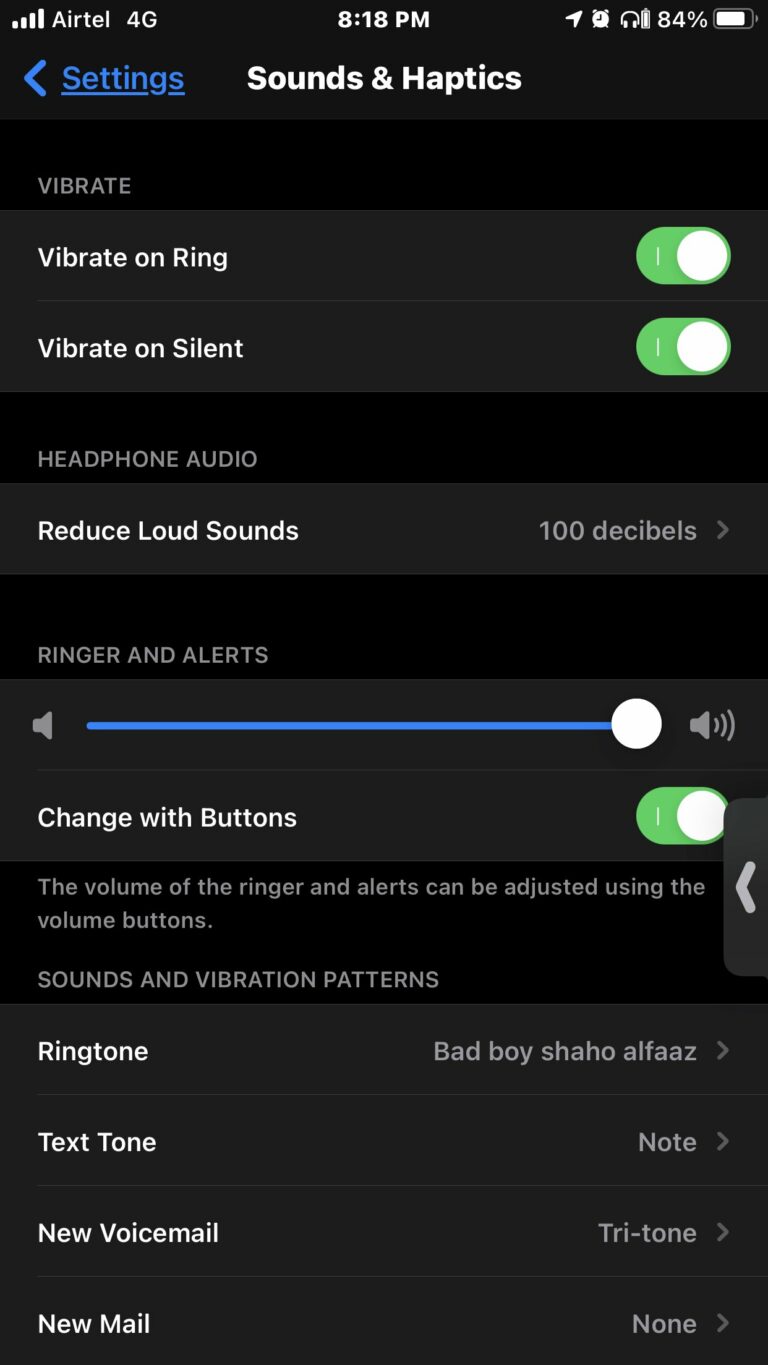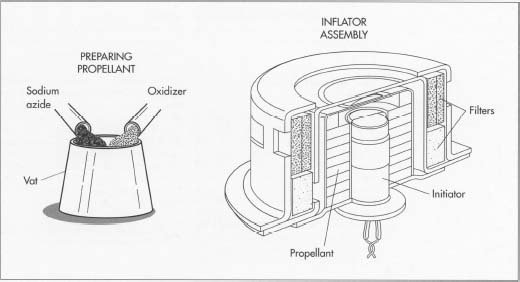Why does the audio in my car get quiet?
Why does the audio in my car get quiet? Frustrating, isn’t it? Don’t worry, we’ve got you covered! In this blog article, we’ll delve into the common reasons behind the perplexing issue of “why does the audio in my car quiet?” Before we address this concern head-on, let’s briefly touch upon a few possible solutions. So, if you’re wondering why your car’s audio seems to have a mind of its own, stay tuned!
Reasons for a quieter car audio could range from simple fixes to more complex electrical or mechanical issues. Worn-out speakers or a faulty audio system might be to blame, leading to a decrease in sound output.
Another possibility is a loose connection or a damaged wire, disrupting the audio signal and causing it to fade. Perhaps the audio settings in your car are not properly adjusted, resulting in a quieter-than-desired experience.
But fear not! By exploring these potential culprits, we’ll help you uncover the root cause and regain control over your car audio. So, let’s dive in and bring back the sound to your drives!
Why does the audio in my car get quiet?
When it comes to enjoying a drive, having quality audio in your car can greatly enhance the experience. However, there may be instances when you notice that the audio in your car becomes unexpectedly quiet. This can be frustrating, especially when you’re trying to enjoy your favorite music or engage in a hands-free phone conversation. In this article, we will explore the various reasons why the audio in your car may become quiet and provide possible solutions to help you resolve the issue.
1. Volume Level Settings
One of the first things to check when you notice a decrease in audio volume is the volume level settings on your car stereo system. It’s possible that the volume may have been accidentally turned down, causing the audio to appear quieter than usual. To address this, simply adjust the volume knob or increase the volume using the controls on your steering wheel (if available).
2. Audio Source
The audio source you are using in your car can also impact the volume level. Different sources, such as FM radio, Bluetooth streaming, or CD player, may have varying output levels. If you notice that one particular source is consistently quieter, try adjusting the volume levels specifically for that source. Additionally, check if there are any specific settings related to volume control for each audio source in your car’s settings menu.
3. Wiring and Connection Issues
Wiring and connection problems can also lead to a decrease in audio volume. Over time, the wires connecting your car stereo system and speakers may become loose or damaged, resulting in a weaker audio signal. Inspect the wiring and connections behind your car stereo system and speakers to ensure everything is securely connected. If you find any loose or damaged wires, consider consulting a professional to repair or replace them.
4. Speaker Problems
Faulty or damaged speakers can significantly impact audio quality and volume in your car. If you notice a decrease in volume from specific speakers, it could indicate a problem with that particular speaker. Check each speaker individually by adjusting the audio balance to hear if the volume varies across speakers. If you identify a speaker with significantly lower volume output, it may require repair or replacement.
5. Equalizer Settings
Many car stereo systems offer built-in equalizer settings that allow you to customize the audio output according to your preferences. It’s possible that the equalizer settings have been adjusted, resulting in a quieter sound. Access the equalizer settings in your car stereo system and ensure they are set to a suitable level for balanced audio output. Experimenting with different equalizer presets can help you find the optimal audio settings.
6. Audio Compression
Some car audio systems have a feature called audio compression, designed to balance out loud and soft audio passages. However, if this feature is incorrectly configured or turned on when it’s not needed, it can cause the audio to sound quieter. Check your car stereo system’s audio settings or consult your car’s user manual to determine if audio compression settings are affecting the volume output. Adjust or disable the audio compression feature as necessary.
7. External Interference
External factors such as radio frequency interference or electrical disturbances can also impact the audio volume in your car. If you notice that the audio becomes quieter when driving in specific areas or when certain devices are in use, it could be due to external interference. Try changing your car’s location or turning off nearby devices to see if the audio volume returns to normal.
8. Software or Firmware Updates
Car stereo systems often receive software or firmware updates to improve functionality and address issues. If you’ve recently updated your car’s software or firmware, it’s possible that the update may have affected the audio volume settings. Check the manufacturer’s website or consult the user manual to see if any known issues related to audio volume have been reported with the latest update. In some cases, a subsequent update may address the audio volume concerns.
9. Amplifier Settings
If your car audio system includes an amplifier, it may have its own set of volume controls and settings. Incorrectly configured amplifier settings can cause the audio to sound quieter than expected. Locate the amplifier and check the settings to ensure they are properly adjusted for balanced audio output. Consult the amplifier’s user manual for guidance on adjusting the settings correctly.
10. Vehicle-Specific Issues
Certain vehicle models may have unique audio-related issues that can affect the volume output. It’s always a good idea to check if there are any known audio-related recalls or technical service bulletins specific to your car make and model. These resources might provide valuable information on addressing audio volume problems or indicate if a visit to a qualified service center is necessary for further diagnosis and repair.
In conclusion, a variety of factors can contribute to the audio in your car being quiet. By checking volume settings, examining the audio source, inspecting wiring and connections, ensuring speaker functionality, adjusting equalizer settings, considering audio compression, being aware of external interference, staying up to date with software or firmware updates, and reviewing amplifier settings, you can troubleshoot and potentially address the issue. Remember, if you encounter persistent or complex audio problems, it’s advisable to consult a professional car audio technician for assistance.
Why is Lexus so quiet?
Frequently Asked Questions
Why is the audio in my car quiet?
The audio in your car may be quiet due to several reasons:
1. Is the volume control set too low?
Check if the volume control on your car’s audio system is set to a low level. Adjust the volume knob or buttons to increase the sound output.
2. Are the speakers damaged or malfunctioning?
If the audio in your car is consistently quiet, it could be a sign of damaged or malfunctioning speakers. Consider getting them checked or replaced by a professional.
3. Is there an issue with the audio source?
If you are playing music from an external device such as a phone or portable media player, ensure that the volume on the device itself is turned up and that it is connected properly to the car’s audio system.
4. Are there any connectivity issues?
Check the connection between your car’s audio system and the speakers. Loose or faulty connections can result in reduced sound. Ensure all cables are securely plugged in.
5. Is the audio system set to a low EQ or preset?
Some cars have equalizer settings or audio presets that can affect the sound output. Check if the audio system is set to a low EQ or a preset that emphasizes clarity over volume. Adjust the settings if necessary.
6. Is there a problem with the amplifier?
If your car’s audio system has an amplifier, it could be responsible for the low volume. Issues with the amplifier can result in reduced sound output. Consider having it inspected by a professional.
7. Has the audio system been customized or modified?
If the audio system in your car has been customized or modified, it’s possible that the modifications have affected the sound output. Consult with the installer or technician who performed the modifications for further assistance.
Final Thoughts
The audio in your car may be quiet for several reasons. It could be due to a problem with the speakers or wiring, a faulty amplifier, or a malfunctioning head unit. Additionally, low volume settings or audio source issues can also contribute to this problem. To address the issue, consider checking the speaker connections, inspecting the amplifier and head unit for any faults, and ensuring that the volume settings are adjusted properly. By identifying and resolving these potential issues, you can enjoy clear and loud audio in your car once again.






